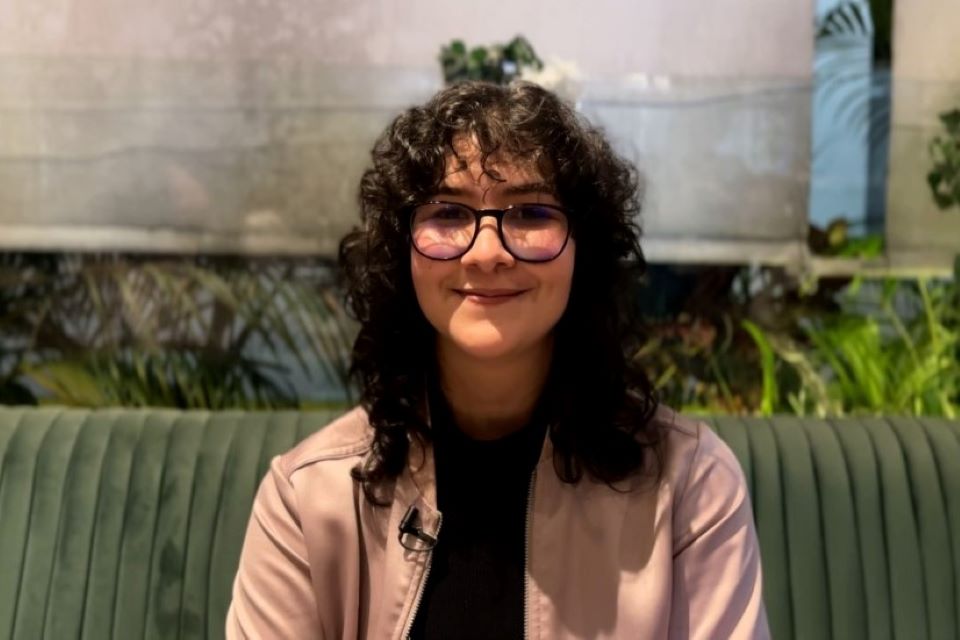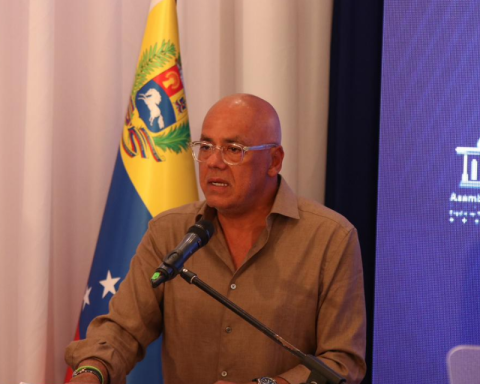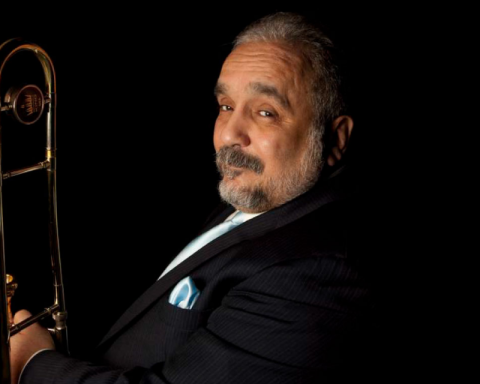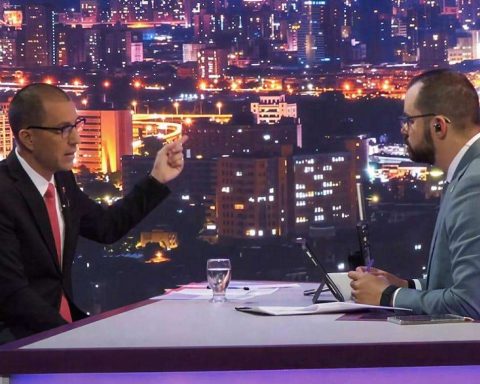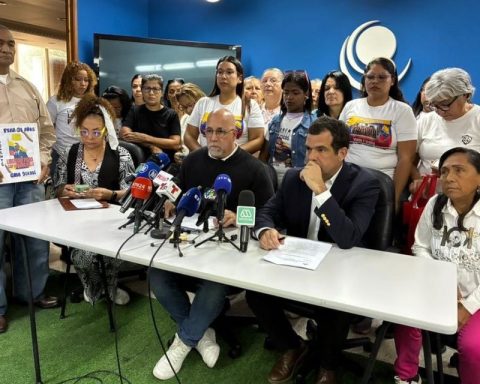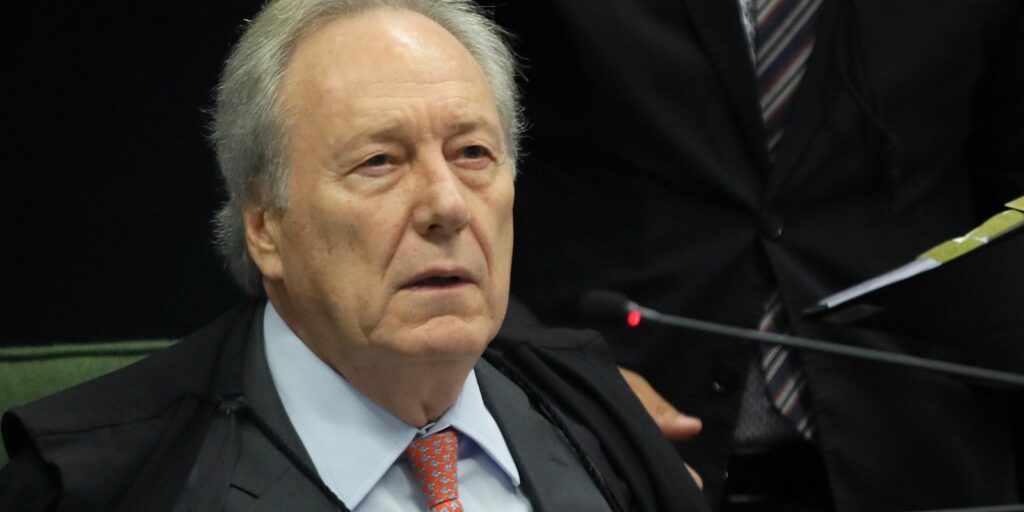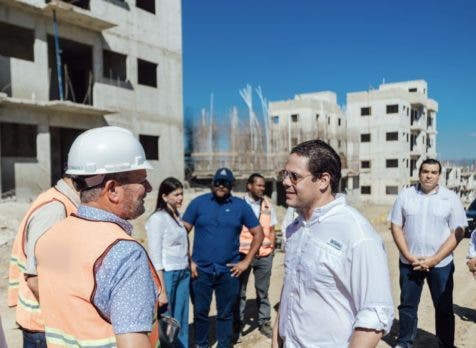The challenges faced by women in live comedy in Venezuela go through gender prejudices, according to the testimonies. If in the capital Caracas it is already “difficult” to see women in presentations, “in the interior it is practically nil, there is nothing like that,” says Neisser Bonout, who has studies in management sciences.
Breaking through in live comedy has not been an easy task for the Venezuelan Neisser Bonout. “It’s a very male environment and it’s difficult,” says the 27-year-old, alluding to her work in a conservative country used to getting laughs at sexist jokes or homophobic “jokes.”
Neisser, who has been in the middle for three years, counts, for example, that for every 10 male comedians, only one woman exercises that trade.
“It has been difficult to break that wall between my male colleagues,” admits Neisser in conversation with the voice of americaafter opening a Show for women in a restaurant in Caracas.
For Jeneil Tovar, a 39-year-old publicist who has lived on humor for two years, that type of comedy “is falling behind.”
“Nobody wants to hear you say if your wife is crazy anymore,” says Tovar. “She is almost 90% men, 10% women,” adds the actress who began to dabble in the stand up seven years ago.
«It is very curious (that) when there is a show of women scheduled by men they always give it the tint of special women’s night (…) That the percentage is lower does not make us special, “he says about the fact of being a minority.
“You don’t group five men together and say special men’s night“continues Tovar, who argues that” there are more men doing comedy because men are less afraid of ridicule and try much more than women.
In any case, in the interior of Venezuela the figure is even lower.
If in the capital Caracas it is already “difficult” to see women in presentations, “in the interior it is practically nil, there is nothing like that,” says Neisser, who has studies in management sciences.
“Women comedians who want to have a future, unfortunately, have to come to the capital, build a life, a career in the capital” and then perform in other cities.
Macho prejudices, they explain, is key to understanding the challenges.
“The public is not so used to seeing female comedians get on stage. Some are offended, especially if the audience is male, because the way a woman expresses herself so openly on stage causes some rejection,” continues Neisser.
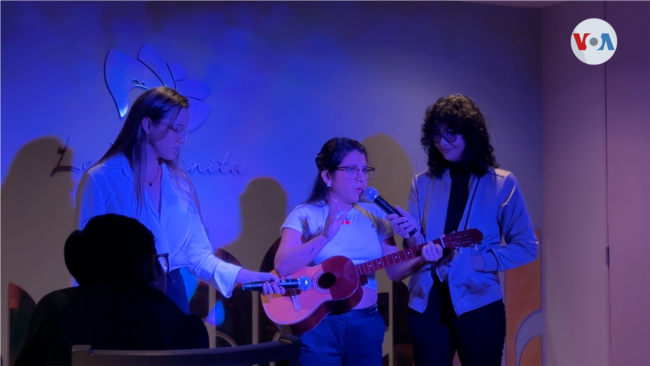
Oh! How is it possible that he talks about his sexuality like that?, Yes she is rude!” either Don’t you feel sorry? She is a lady These are some of the reproaches that he says he has had to deal with after some presentations.
From cashier in a family business to comedian with a sense of inclusion
Neisser is questioned, he says, how he expresses himself “so openly about his sexual orientation”. The texts of her presentations are based on anecdotes.
From a Syrian family, Neisser grew up in a predominantly macho cultural environment. And for years, he admits, he hid his homosexuality.
He was born in Maracay (Aragua) where he moved looking for a space to venture, after gaining fame on Twitter in 2019. He remembers that he began to publish videos that he spontaneously uploaded to the social network during “boring” working days as a cashier in the business from his dad.
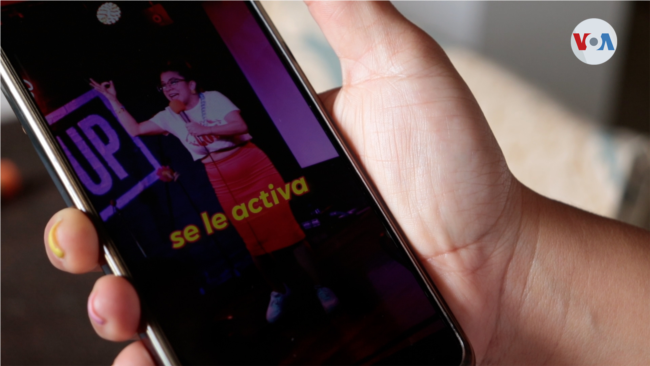
“Internet for people in the Lgbti community has always been like an escape.” Today he has more than 158,000 followers on Twitter, a podcast, and performs on different tables in the country.
“When I talk about my sexual orientation on stage, it’s not that I want everyone to see that I’m a lesbian, but how crazy I could, that I can say it on stage and I can finally talk about it in a space with an audience.”
And in her comedy she talks about precisely that, about homosexuality, “about being a woman, about how difficult it is to be an Arab woman” and about the “machismo” of her father who does not expect “to be cured” because “she was born with those bases”. .
“They are almost always sad, strong anecdotes, that at one point it was very difficult for me to overcome,” he added.
Remember, for example, the end of a love relationship. “I had a five-year break in silence (…) without receiving a hug from my mother, without receiving support from absolutely no friend.”
Neisser came out “of the closet” at the age of 21, forced a little by her mother. “From there I said: there is nothing else, there is nothing worse than what my parents told me. And from here on this is my life ».
So, comedy became a “liberating” space for her.
*Read also: Pioneering women break barriers in “men’s” trades
«I feel that by saying it people say ok, these people exist and they also do thisyou are not only there in the shadow, you are not within four walls, and it seems super important to me ».
While she doesn’t expect her father’s machismo to “cure,” she does hope her humor will help others out of that shadow.
This time, closing his presentation, everything is in order. He Show it was aimed at women, many from the Lgbtq+ community.
“It’s nice to do stand up in Caracas because people already have a culture of stand upOn the other hand, in the interior of the country there are almost no women, in the interior there is more rejection of women”, concludes Neisser.
Post Views: 43
